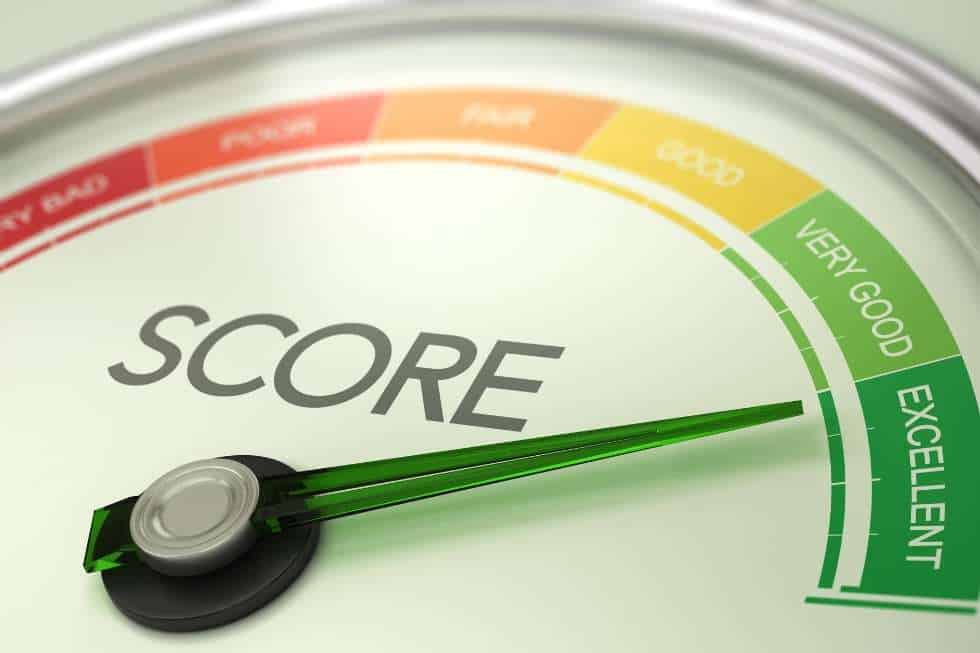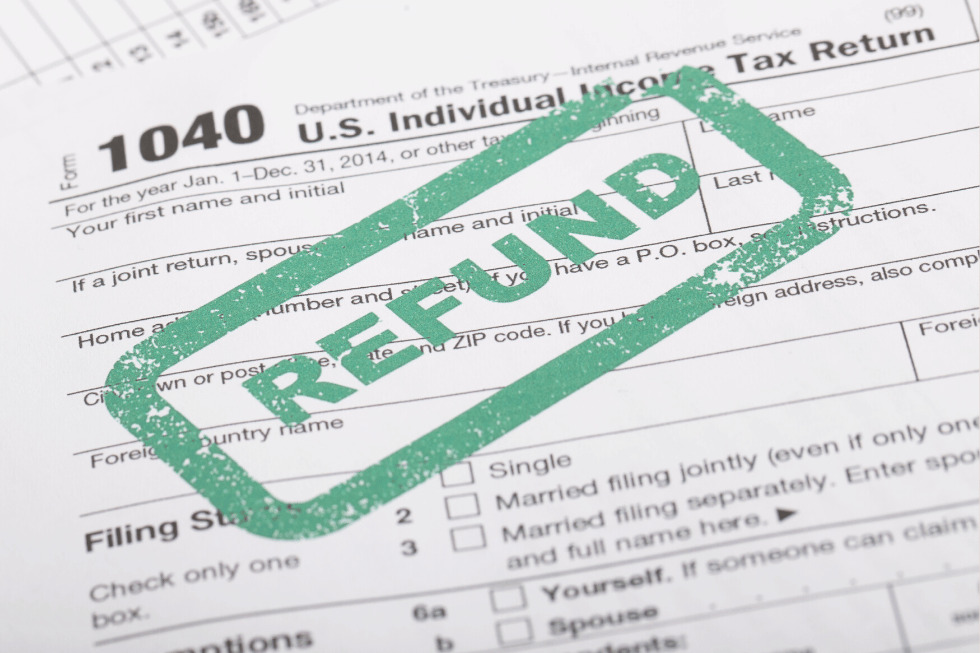I think of my credit score as one measure of my “Money IQ”.
In reality, it’s like a grade given to us by ‘the powers that be’ that demonstrates how likely they think we are to repay our debts—think things like credit cards, car loans and home mortgages.
The better our score, the cheaper it is for us to borrow money. It can save us tens of thousands of dollars over our life. But just how, exactly, are we being measured for this “grade”?
How is your credit score calculated?
Did you know that there is no one single credit score for you? In fact, there are dozens of ways your credit score can be calculated.
FICO is the oldest and the most widely used credit score, but it is not the only one. The VantageScore is a score that was created in 2006 through a joint partnership of the three major credit reporting agencies and is quickly gaining traction in the industry. The three agencies—Equifax, Experian and TransUnion—also have their own unique credit scores for you. Just to name a few.
Since the FICO score is used by 90% of top lenders, let’s focus on this one to better understand how our scores are calculated. The exact formula is like KFC’s fried chicken recipe—a closely guarded secret—but we can get a pretty good understanding by looking at the factors that are taken into consideration and how they are weighted.
How often your credit score is calculated
Lenders report to the credit bureaus monthly, but there is no set day, so they all may report on different days of the month. For this reason, your credit score is continually being adjusted as new information comes in to the credit bureaus.
What is a good score?

How to find your credit score (for free)
There are a number of credit monitoring sites that will give you your score for free if you sign up for credit monitoring for a monthly fee. If they offer a free 30-day trial, it might be worth it to sign up to get your score. Just don’t forget to cancel before they charge your card in 30-days.
Or you can try one of these completely free options:
- If you have a credit card with Bank of America or Citibank, they will give you free FICO scores monthly.
- Discover (FICO score based on TransUnion credit reports)
- MyFICO Credit Score Estimator (FICO)
- Credit Karma (VantageScore)
- Credit Sesame (VantageScore)
Knowledge is power.
Now that you know how your score is calculated, you might have some ideas on how you can improve yours. If your score is not where you want it to be, identify 3 things you can do to raise it. Then mark your calendar for 6 months from now and see if you’ve been able to move the needle.




